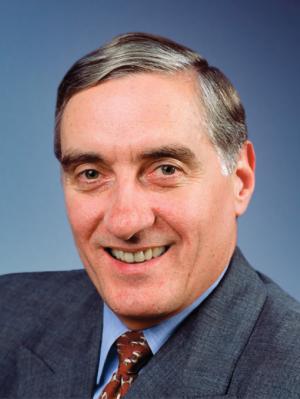Energy guru Joseph A. Stanislaw explains how the battle between government and the marketplace is changing.
Richard Stavros is executive editor of Public Utilities Fortnightly.
It is a debate that rages to this day: whether rate-based regulation (government) or electric competition (marketplace) is a more effective model for the utilities industry and world economies. Joseph Stanislaw, in an exclusive interview, gives us a uniquely authoritative view on this perennial question. In The Commanding Heights, a 1998 book he co-authored with Cambridge Energy Research Associates’ (CERA) Daniel Yergin, Stanislaw documented the rise of free markets during the last century, as well as the process of globalization. At the time of writing the book, Stanislaw was co-founder, president, and CEO of CERA. The book takes its title from a speech by Vladimir Lenin, who used the phrase “commanding heights” to refer to the segments and industries in an economy that effectively control and support the others, such as oil, railroads, banking, and steel. Not surprising, Lenin believed the state should control the commanding heights, the most important elements of the economy.

In the book, Stanislaw and Yergin acknowledged a decade ago that the move toward markets in world economies and previously regulated industries was not assured. In the concluding paragraph, they write: “What will really determine whether this change will persist, or whether there will be a swing back, is the quality and character of the confidence that underpins the market place.”

